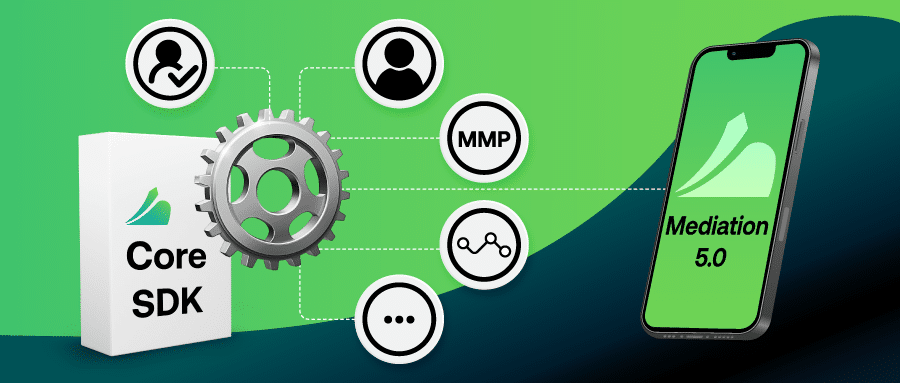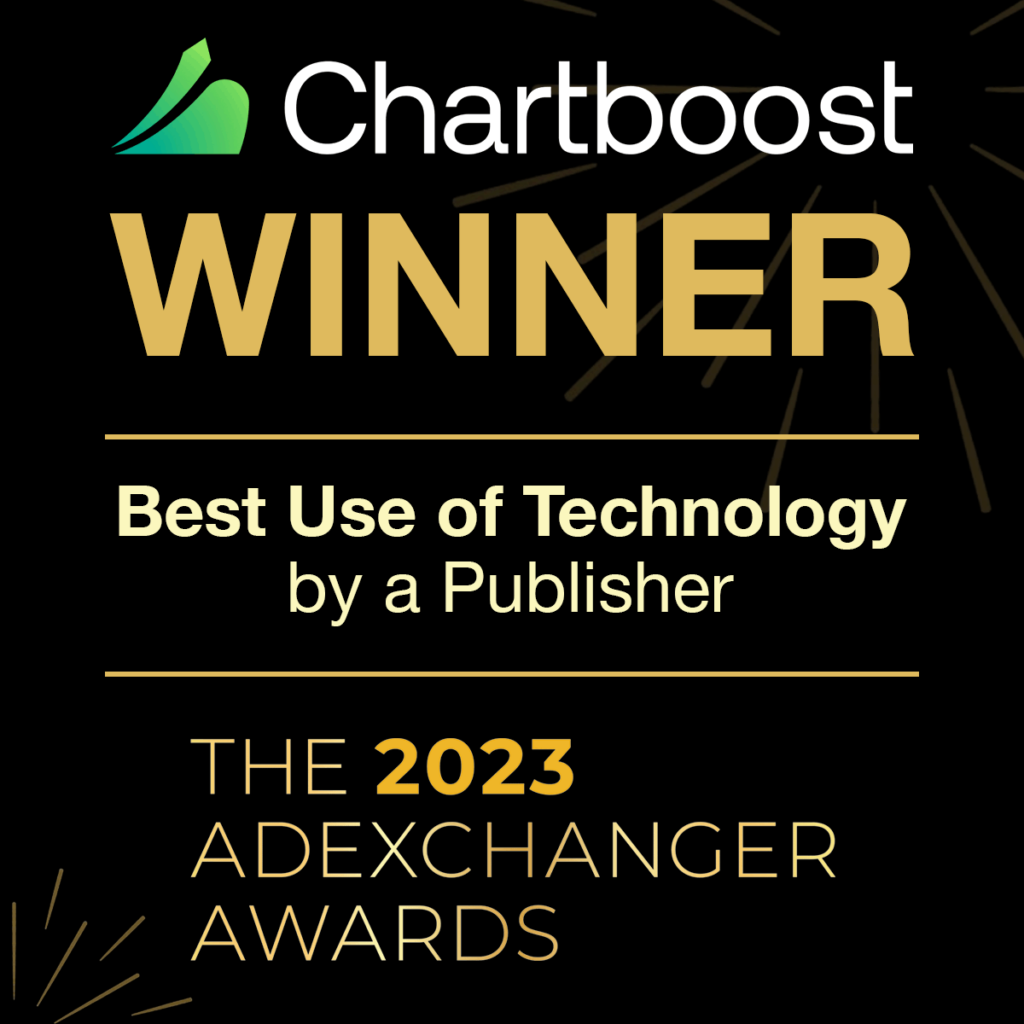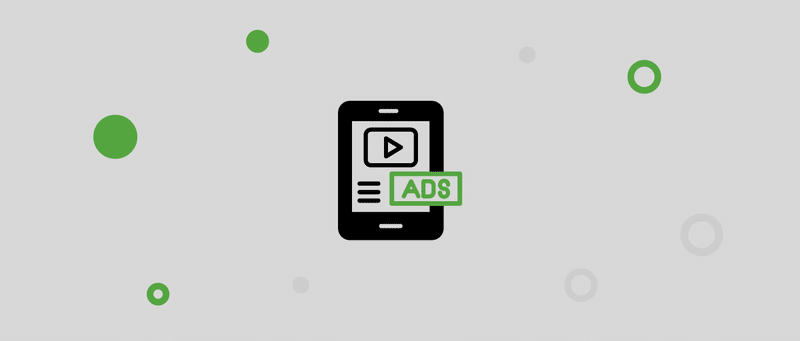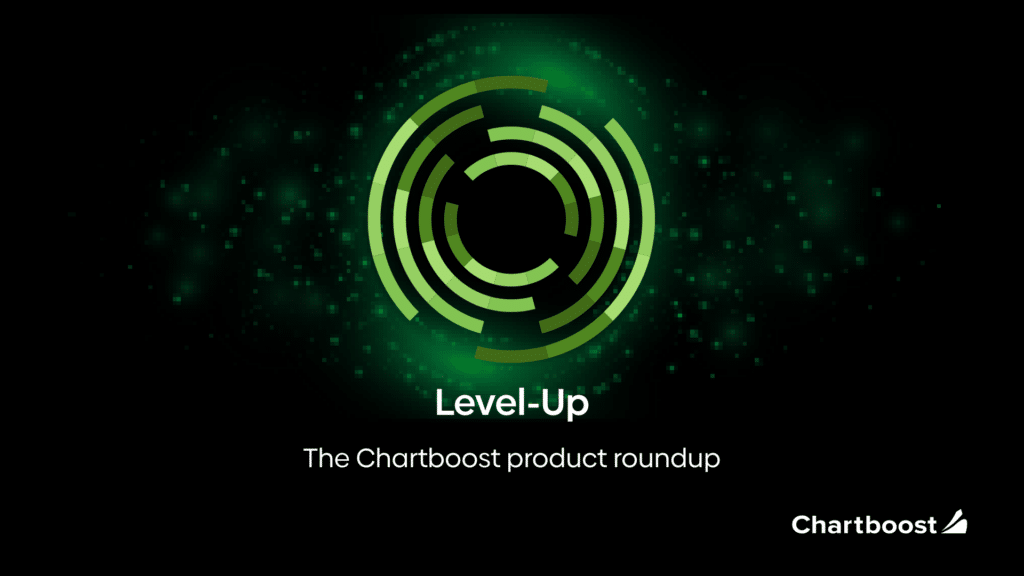Chartboost is excited to announce some major new features to our Mediation! We’re offering the greatest level of…
LoopMe acquires Chartboost from Zynga, accelerating its mission to power brand advertising across the digital ecosystem.
- Products
Products
overviewMediationMaximize revenues with Chartboost Mediation
MonetizationGenerate ad revenue with Chartboost
AdvertisingAcquire new users through the Chartboost Network
ExchangeTap into premium inventory with Chartboost Exchange
- Solutions
Solutions
for teamsAd MonetizationA complete suite for maximizing ad revenue
Developers & ProductLearn about the tools and tech you need to turn your game into a business
- Success Stories
- Resources
Resources library
All resourcesGuidesIn-depth guides to level up on UA and monetization
BlogStay on top of the industry
GlossaryIndustry terms explained
ReportsRead our experts reports
NewsletterGet your 5-min summary the industry relies on
- Company





